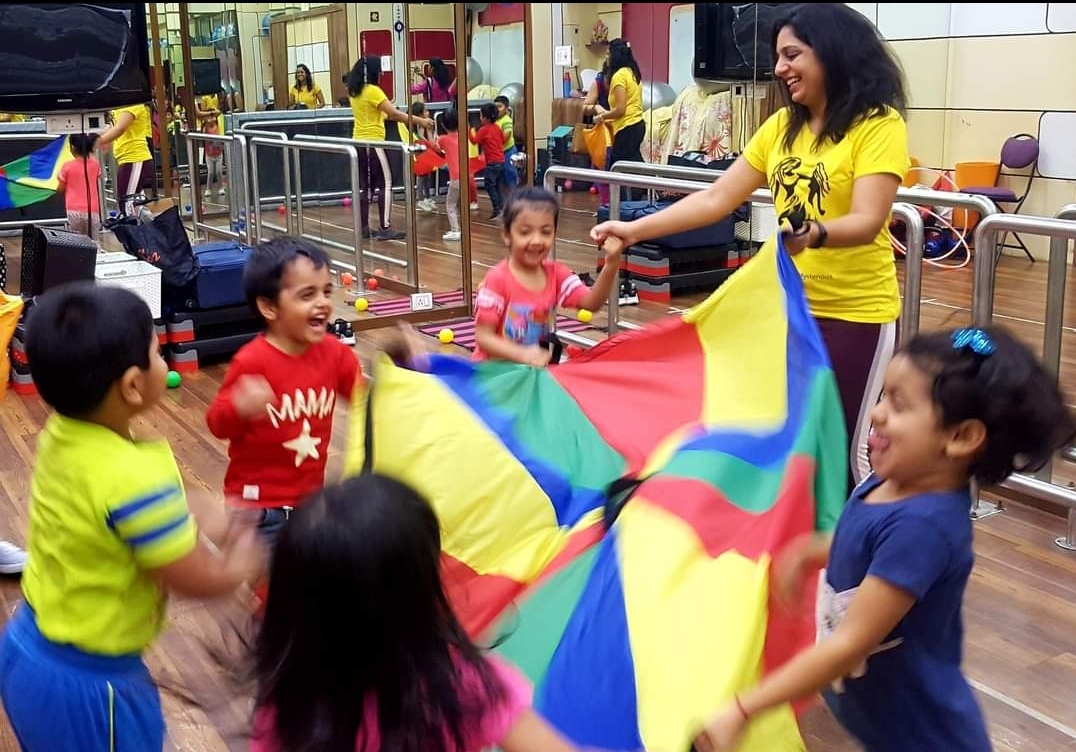
Play way method of learning help’s children to be confident, be independent, develop curiosity, interact boldly, cope well in challenging situations, boost their self-confidence and much more.
Play contributes to a child’s learning in the following ways-
· Cognitive Development
Play help’s a child to be confident, interactive, focused and creative. When a child is involved in solitary, pretend or group plays, they are either solving a problem, experimenting, thinking, taking leads through play thus learning new skills each time.
E.g.- Brain Exercise Activity-This tracing with synchronization activity for kids is ideal to be performed everyday.
· Social and Emotional Development
Play improves social skills in children as they learn to work with others towards a mutual goal. They learn to be self-confident, discuss, collaborate, empathize and share. A socially healthy child adjusts well in school, performs better at academics and makes healthy bonding with friends.
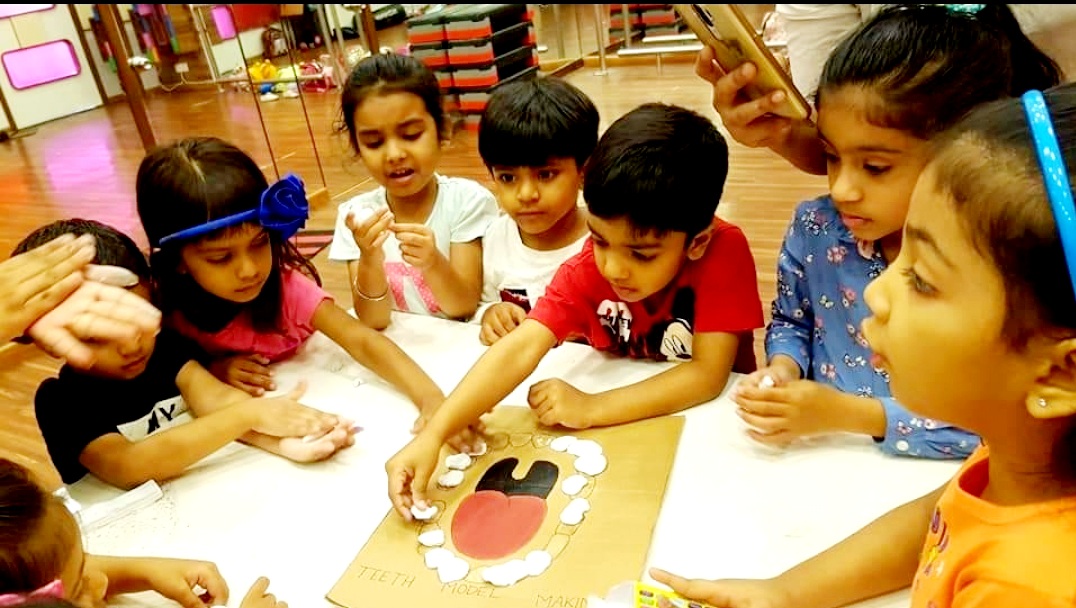
· Physical Development
Hopping, jumping, catching, kicking, throwing enhances physical development in children. It not only improves a child’s health but also promotes fitness and movement skills. It consequently helps a child to develop connections between nerve cells and their brain.
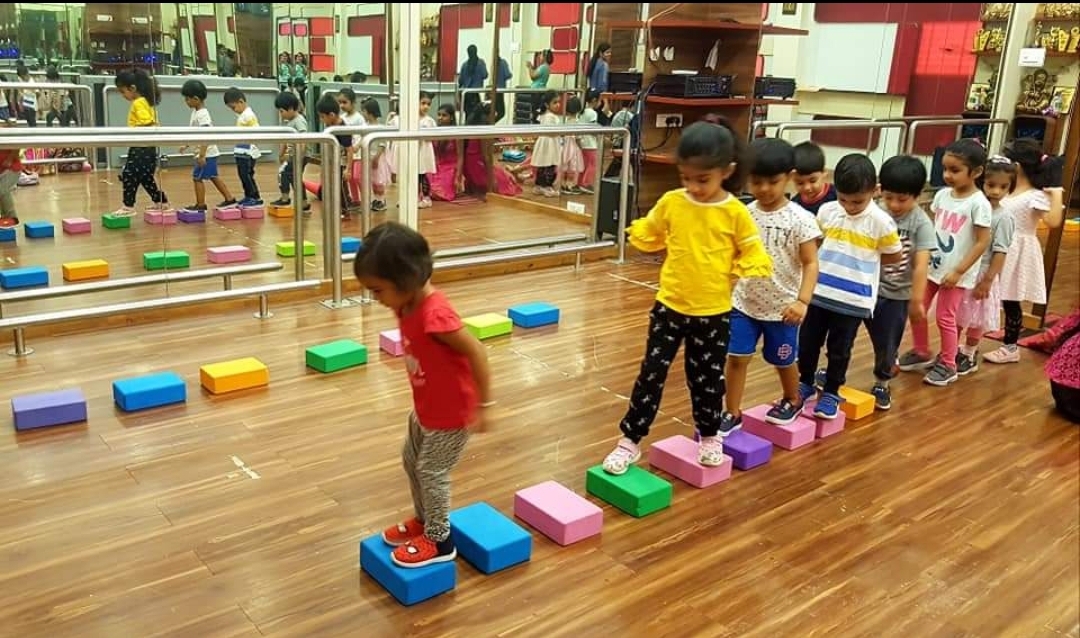
· Critical Thinking
Building blocks, role play or board game leads children to be critical thinkers who can analyse, compare, interpret and evaluate. It allows kids to gain a deeper understanding of the world, receptive and to be a good observant.
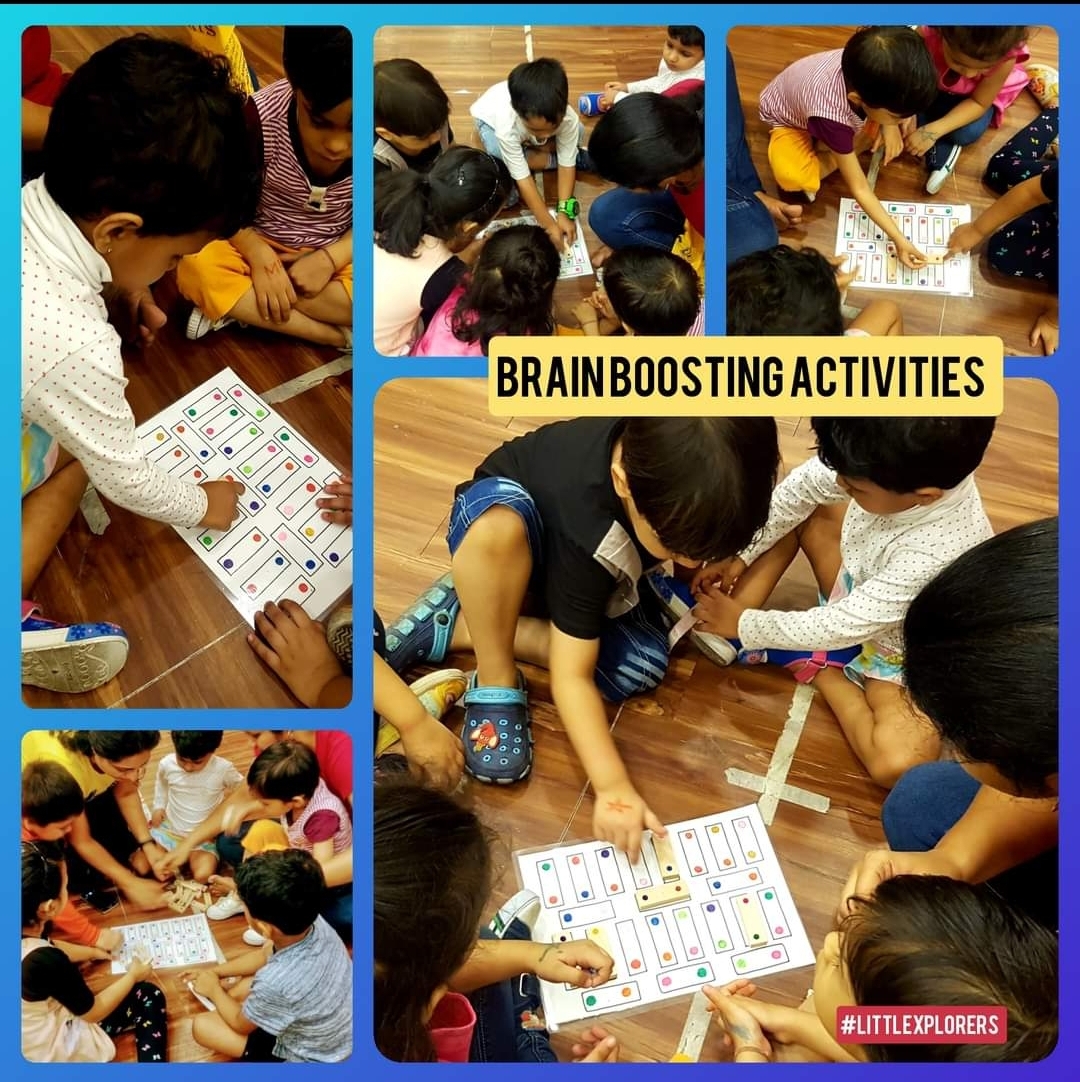
· Language & Speech Development
Play has a huge impact on language and speech development as children use words to express themselves. For instance-‘Imaginative Play’ gives children the chance to recreate experiences while ‘Outdoor Play’ improves listening, communication and vocabulary skills.
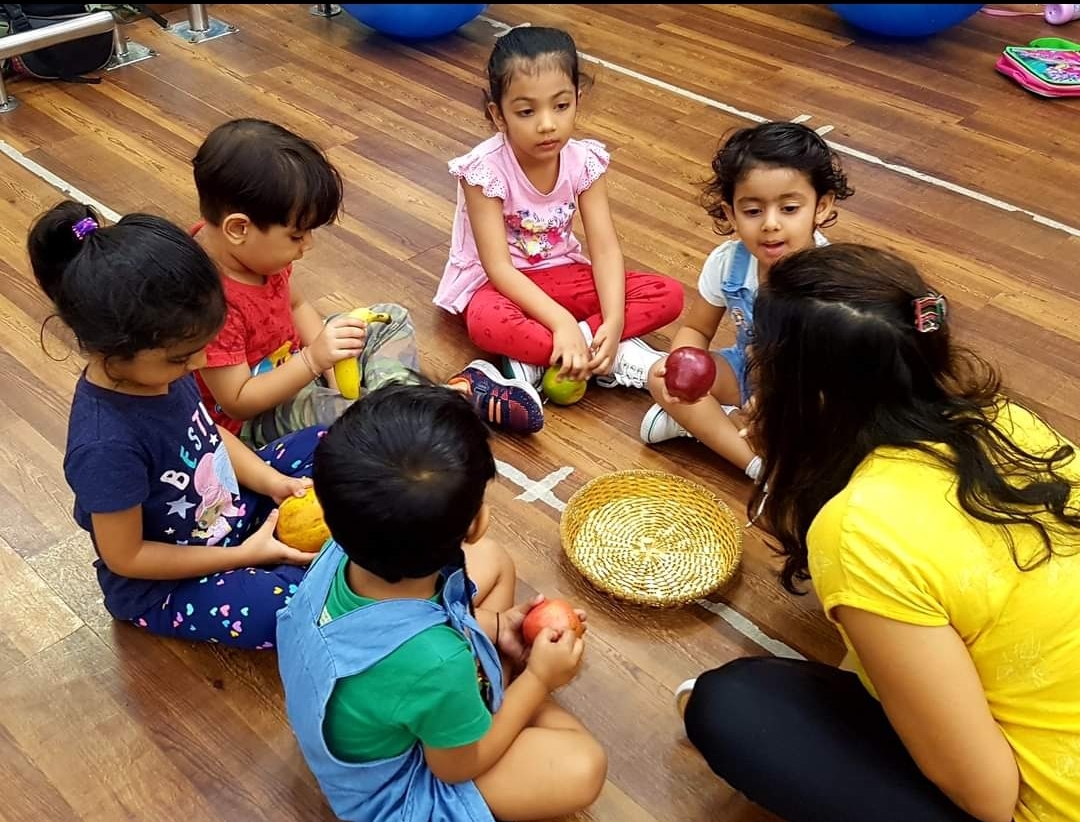
Conclusion
Play is fundamentally a ‘child’s occupation’ and learning through play is one of the most important way to facilitate and strengthen the growth of child’s skills across several areas of development.

